Sustainability is the topic of contemporaneity: it rouses consciences and feeds the market. Companies leverage this argument to promote their products, while customers seek information about the ecological footprint of each of their purchases. In this context, the risk of greenwashing creeps in dangerously.
The promotion of the sustainability of the production chain is the vector of a strategic marketing operation on a global scale, not without indefiniteness and imprecision.
To regiment these claims and address the problem of greenwashing, members of the European Parliament (MEPs) are supporting draft legislation to improve product labeling and durability by stopping misleading claims.
Labels based on official certification schemes
The mandate approved by the European Parliament prohibits the use of generic environmental claims (“eco-friendly”, “natural”, “biodegradable”, and “climate neutral”) that are not accompanied by detailed evidence. This a much-needed initiative considering that sustainability claims on packaging have nearly doubled since 2018 (Innova Market Insights data). The proposal for official or government-established certification schemes is a significant step toward overcoming the practice of greenwashing.
Obsolescence, warranties and incompatibilities
However, simple, clear, and shared labeling is not the only answer to the phenomenon. The European Parliament aims to prohibit the inclusion of design features that reduce the lifespan of products or cause them to malfunction prematurely. Furthermore, manufacturers should not have the authority to restrict the functionality of a product when used with consumables, spare parts, or accessories from other companies.
According to the parliament, in order to assist consumers in selecting more durable and repairable products, they should be informed about any limitations on repairs prior to making a purchase. Additionally, MEPs suggest the implementation of a new guarantee label that not only indicates the duration of the legally required guarantee but also any potential extensions provided by manufacturers.
Nurturing the confidence of sustainability-conscious consumers is a primary goal for a continent committed to green practices, which also move from battling counterproductive dynamics such as greenwashing and premature obsolescence.
Source: packaginginsights.com


